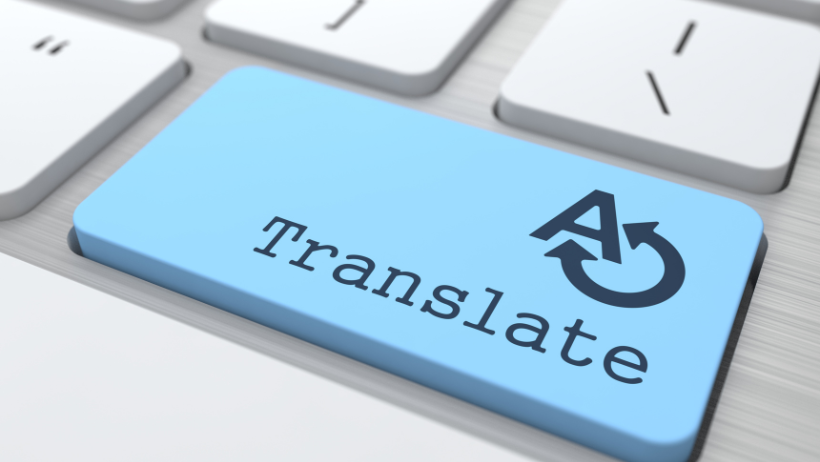Understanding the Latvian Language
Latvian, known for its rich linguistic heritage, is a gendered language, distinguishing between masculine and feminine in its grammar.
This feature, coupled with its intricate case system, where nouns change form based on their grammatical function, adds layers of complexity to the language.
Additionally, Latvia’s modest geographical size belies the diversity of its language, with several regional dialects that, while mutually intelligible, offer their own unique linguistic flavors.
Challenges in Latvian Translation
Translating Latvian presents its own set of challenges, primarily due to its grammatical complexities and dialect variations.
The gendered nature of the language and its elaborate case system necessitate a translator’s keen understanding and precise application to ensure accuracy.
The existence of various dialects also demands a translator’s familiarity with regional linguistic nuances, ensuring the translated content is regionally appropriate and resonant.
Latvian Language Profile
As the official language of the Republic of Latvia, Latvian is spoken by almost 1.5 million native Latvian speakers. It gained its status as an official language in 1989, a pivotal precursor to Latvia’s independence from the Soviet Union in 1991.
The language’s presence extends beyond its borders, finding speakers in countries like Australia, Canada, and the United States. Notably, Latvian has been influenced by Finnish, especially in its fixed word accent on the first syllable.
In Latvia, the language permeates all official spheres and the educational system, reflecting its integral role in national identity.
Despite its smooth and logical structure, as perceived by some compared to Lithuanian, Latvian’s regional dialects add to its richness and complexity.
The role of professional Latvian translation services is pivotal in navigating these linguistic intricacies. These services not only facilitate cultural integration and local acceptance but also ensure accuracy, credibility, and legal compliance.
Professional translators, adept in handling these complexities, offer tailored translations that resonate with specific audiences, providing vital support in diverse business and personal contexts.


